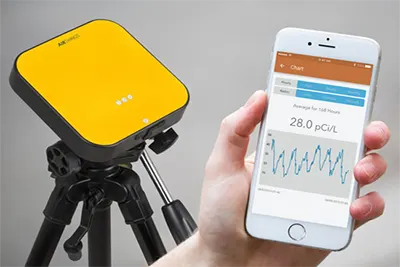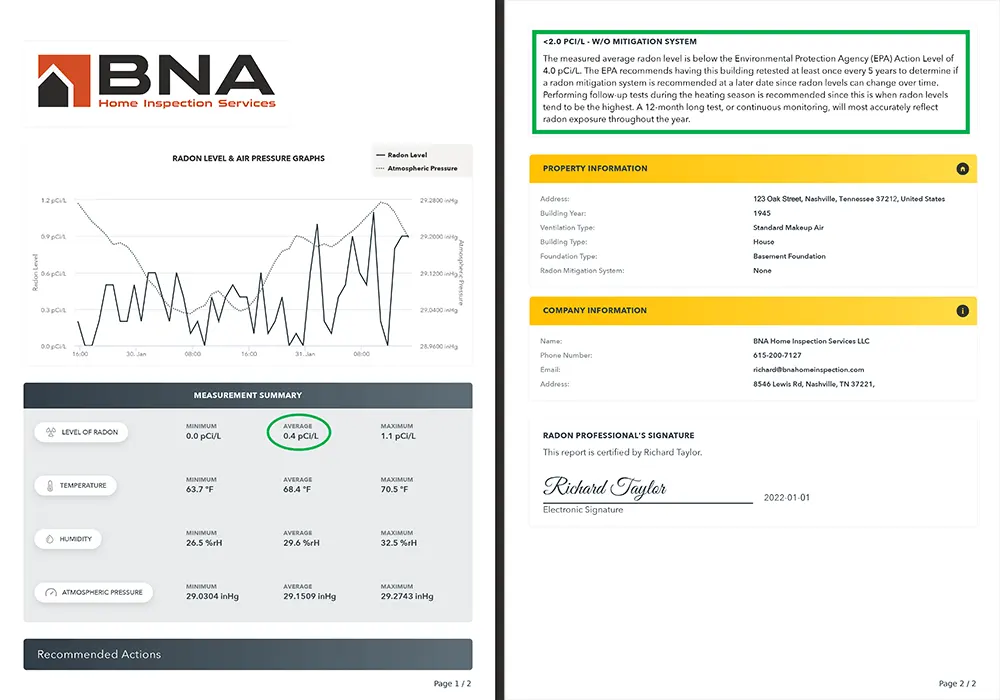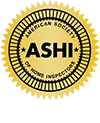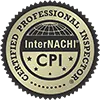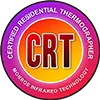What is Radon?
Radon is a naturally occurring radioactive gas produced during the decay of uranium contained in nearly all rocks and soils. Radon is invisible, flavorless, and odorless, making it impossible to detect without testing. According to EPA (Environmental Protection Agency) data, radon levels in Tennessee are above the national average.
Health Implications
The EPA and the Surgeon General agree that radon is a significant health risk and recommend that radon testing be performed on all homes. According to a 2003 study conducted by the EPA, an estimated 21,000 people die from lung cancer each year due to radon exposure, making radon the second leading cause of lung cancer in the United States. Risks associated with radon-related cancer are even higher for smokers. The good news is that risks are easily mitigated by radon testing and remediation when necessary.
How Does Radon Get In?
As much as we homeowners would like to believe otherwise, our homes are not impervious to the movement of odors, air, and other gasses from the outside world into our living space. Everyday occurrences such as the opening and closing of doors and windows, operation of the HVAC system, and changes in weather conditions can result in high-pressure or low-pressure areas within the home that can cause radon infiltration. When these pressure differentials occur, radon can be pulled or pushed into the home’s interior through any available opening, gap, or crack. Contrary to common misconceptions, all homes are susceptible to radon intrusion, whether new or old, crawlspace, basement, or slab.
Radon Testing Services
Radon testing is the first line of defense against radon issues. For this reason, the EPA recommends that buyers or sellers have testing performed as part of any real estate transaction. The EPA has outlined two general radon testing methods, short-term and long-term.
Short-term tests range from two to 90 days in the house, making them the only viable option for home purchases. We use high-quality continuous radon monitors that measure levels constantly and report the hourly measurements as part of the final average. To maintain accordance with EPA standards, our radon testing devices remain on-site for a minimum of 48 hours. Once the test is complete, we calculate the results and send a detailed report to you, including a chart of the hourly radon levels and recommendations for your next steps.
Long-term radon testing is helpful when selling or after purchasing a home. Long-term tests remain in place for at least 90 days. A positive aspect of long-term testing is that the results give you a clearer picture of the home’s year-round average than the smaller timeframe of the short-term test.
Understanding Your Report
Your radon report will contain a considerable amount of information, which may seem overwhelming. The most crucial information is the EPA average. You’ll find your average at the top, center of the “Measurement Summary” section of the report. Radon in the air is measured in “picocuries per liter of air” or “pCi/L.” The EPA average is calculated by averaging the hourly measurements minus the first four hours. As outlined in the EPA standards, the first four hours of radon testing results are omitted to compensate for any atypical air movement during the inspection.
If the EPA average is well above 4 pCi/L, we recommend remediation. However, if the result is at or near 4 pCi/L, we recommend that remediation be considered. Optionally, additional radon testing can be performed to confirm a high result. If the average of the two tests is above 4 pCi/L, remediation is recommended.
The chart of the hourly radon levels is an excellent resource for the more minute details of the results. But, unfortunately, it can also be a source of great confusion. It is essential to understand that the test and the EPA recommendations are based upon the average, not the peaks and valleys. It is not uncommon for radon levels to rise above 4 pCi/L as weather and home conditions change.
Lastly, the “Recommended Actions” section contains guidance, including an explanation of your results and any steps that should be taken now or in the future to protect yourself from radon risks.
Click on the image to view a sample report. The important details are highlighted with a green border.
Remediation
Radon mitigation – also called radon abatement – is accomplished with a system that reduces radon levels in your home. The system’s design and cost will vary significantly based upon the home’s foundation type and size. Regardless of system type, the basic principle remains: Radon mitigation systems use a low-volume fan to continuously pull air from the soil and exhaust it outdoors through a pipe. The pipe may be on the exterior or within the home, which is often the case with recently constructed houses.
The remediation costs for an average-sized house range from around $800 to $1500. It is worth noting that the air quality in any home with radon levels above 2 pCi/L can likely be improved by installing a radon mitigation system.
Summary
There is no question that radon exposure is a significant health risk in the US. The fact that Tennessee levels are above the national average makes radon testing all the more critical in our region. Detection is the key. Remediation is a simple and effective means of mitigating our health risks.
Questions?
Call 615-200-7127 to speak to an inspector
Let us do our part in keeping your family healthy.
External Resources
EPA (Environmental Protection Agency)
- Radon Protection: Buying a Home
- Radon Protection: Building a Home
- Radon-Resistant New Construction for Home Buyers
- Radon and Real Estate Resources
- Home Buyer’s and Seller’s Guide to Radon
- Consumer’s Guide to Radon Reduction
CDC (Center for Disease Control)
TN.gov
